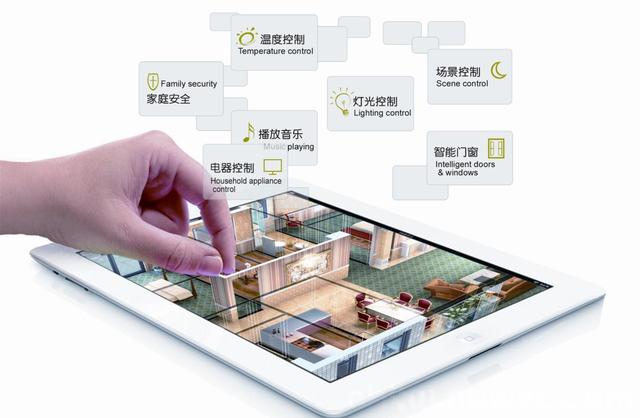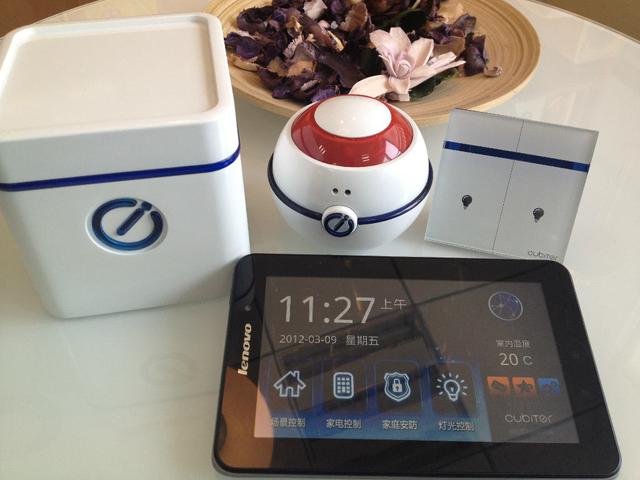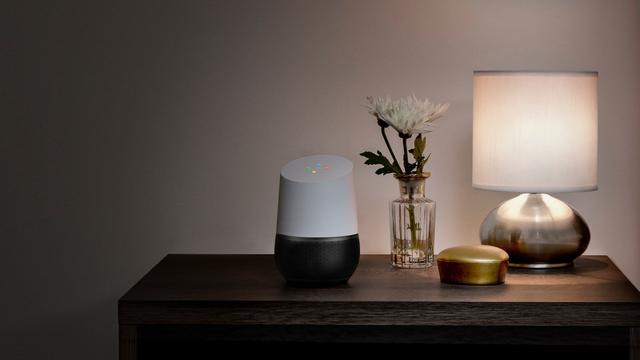In the midst of the rising tide of smart manufacturing, the intelligent evolution of home appliances has undeniably taken the lead across numerous industries. With the Chinese government's deep commitment to the "Made in China 2025" initiative, the pace of home intelligence is accelerating. Smart homes are transitioning from standalone, single-product intelligence toward a more advanced and comprehensive "smart home ecosystem." Statistics indicate that by 2020, the total output value of smart homes in China will surpass one trillion yuan, revealing immense potential in the smart home market.
From a promotional standpoint, the smart home sector remains in its technological infancy, focusing heavily on explaining cutting-edge product features throughout the sales process. However, surveys reveal that consumers prioritize ease of use and practicality. For smart home products to succeed, they must address these concerns and enhance usability.
Currently, the primary sales channels for smart home devices are real estate developers and system integrators, accounting for 80% of sales via the engineering channel, while retail channels account for approximately 20%. This highlights the challenge faced by smart home manufacturers in attracting consumer interest through retail outlets, particularly when products lack user-friendly designs. Middle-aged and older consumers, who possess significant purchasing power, tend to be hesitant to adopt smart home technologies due to their complexity. Younger generations, though curious about smart homes, often lack the financial means to invest.
Given this landscape, the smart home industry must prioritize addressing user pain points and aligning offerings with consumer needs. Two key areas require immediate attention:
Firstly, product design must emphasize simplicity and practicality. Ease of use is paramount—technology should enhance, not hinder, the user experience. Smart home solutions should offer integrated systems rather than isolated gadgets.
Secondly, marketing strategies must focus on experiential promotion. Establishing experience centers allows consumers to directly engage with and appreciate the benefits of smart home technology. These centers cater to all age groups, including those with purchasing power, such as middle-aged and older consumers. Their conservative nature may deter online purchases, but in-store experiences can create tangible impressions and foster potential sales.
The integration of emerging technologies like cloud computing, IoT, interactive technologies, and embedded chips has acted as a catalyst for the intelligent revolution. As new paradigms emerge, businesses that deeply understand industry trends and address user pain points will emerge victorious. Only by adapting swiftly can enterprises thrive in this transformative era.




Pwm Solar Charge Controller ,Pwm Charge Controller,Go Power Solar Controller,Prostar 30 Solar Charge Controller
zhejiang ttn electric co.,ltd , https://www.ttnpower.com